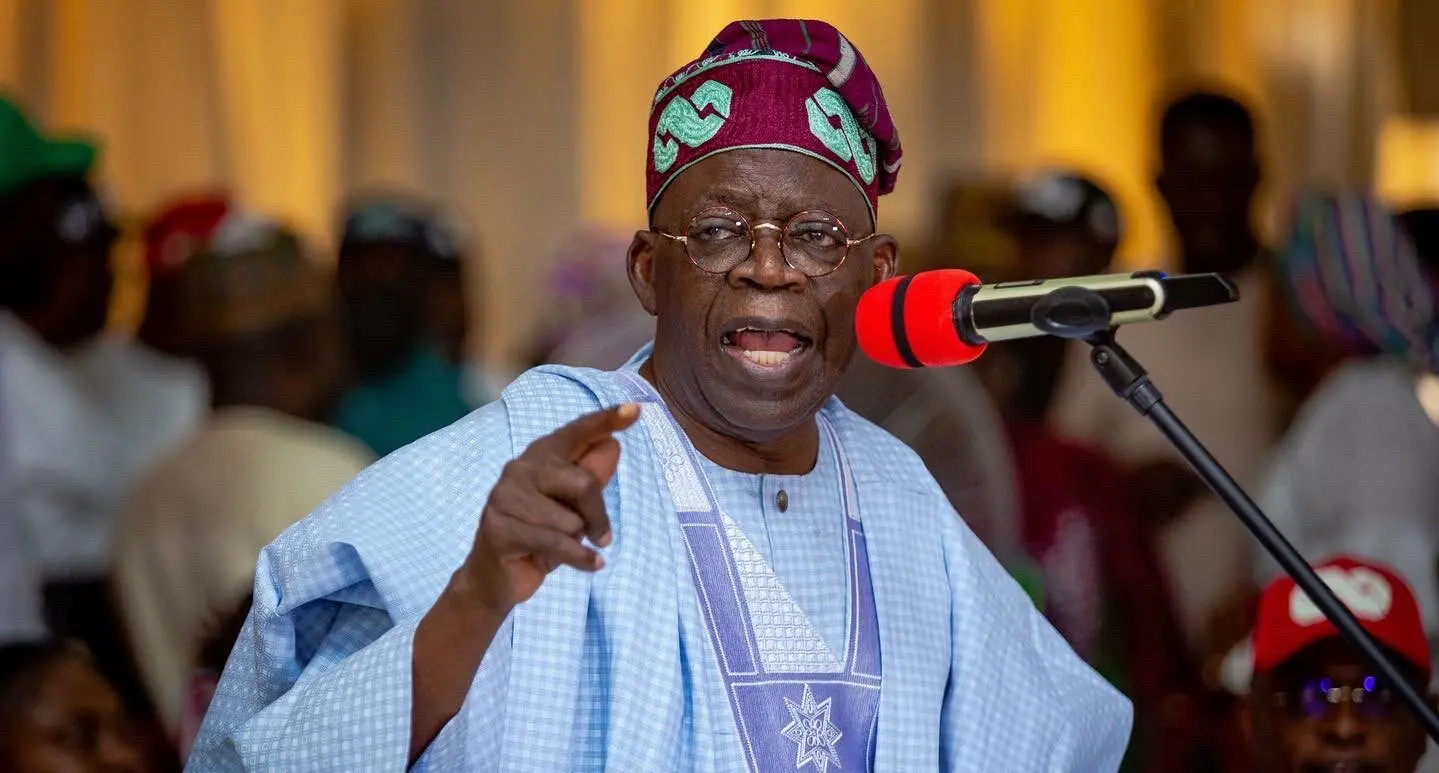The NNPC misled Nigerians by claiming that removing subsidies would solve the country’s problems. This narrative has been debunked, as the company’s financial performance remains unimpressive. It’s time to hold them accountable for their promises. Unfortunately, the NNPC has failed to establish a reliable metric system to measure daily crude oil production. This opacity raises concerns about the accuracy of their reports and the potential for unaccounted revenue. As a result, billions of dollars saved from subsidy removal have vanished without a trace. The NNPC must explain where these funds have gone and why they haven’t been invested in the country’s development. If subsidy payments have stopped, where then is the money going? The NNPC owes Nigerians an explanation for the discrepancy between expected revenue and actual income. The NNPC is notorious for its lack of transparency, making it one of the opaquest companies globally. This secrecy breeds corruption and undermines trust in the organization. Little wonder that the NNPC has gone unaudited for over three decades, raising serious concerns about financial mismanagement and corruption. It’s time for a comprehensive audit to uncover the truth and ensure accountability. The NNPC’s failures have far-reaching implications for Nigeria’s economy and citizens. It’s time for the company to come clean and address these pressing issues.
In the massive ruins of the nation’s economy, it will be self-abnegation not to acknowledge the fact that the rejection of N62,000 or N100,000 minimum wage by the organized labour unions is a direct glooming recipe for economic disaster for the suffering workers, the Nigerian State and the West Africa sub-region.
It is heartwarming that the NLC/TUC remained firm on the minimum wage demand, rejecting it as “starvation wages”. They have reiterated their commitment to fighting for a living wage, rejecting proposals for “starvation wages” such as N62,000 or N100,000. According to an NLC official, the organization remains steadfast in its demand for a minimum wage of N250,000, which it considers a “liveable standard”.
The official emphasized that the NLC has never considered accepting anything less and will not negotiate a wage that fails to meet the basic needs of workers. This stance is a testament to Labour’s dedication to improving the lives of Nigerian workers and their families.
The government’s wage offer has been widely criticized as inadequate, given the country’s rising cost of living and the erosion of purchasing power due to inflation.
By standing firm on its demands, the NLC is sending a clear message that it will no longer accept wages that perpetuate poverty and economic hardship for workers. The union’s resolve is a beacon of hope for millions of Nigerian workers who deserve a fair share of the country’s wealth.
On a serious note, the proposed N62,000 or N100,000 minimum wage is grossly inadequate in the face of skyrocketing food prices. With inflation at an all-time high, the meager sum will barely cover the basics, leaving workers to struggle with the harsh realities of food insecurity.
N62,000 is a paltry sum in today’s economy, where prices of goods and services have skyrocketed. A bag of rice costs over N80,000, while a bag of beans costs over N120,000 and a liter of fuel is over N1000 in most places. How can N62,000 possibly cover the needs of workers and their families?
President Tinubu’s decision to remove fuel subsidies was a missed opportunity and aborted chance to invest in social security and services. Billions of dollars were saved, yet the government failed to channel them into vital sectors like healthcare, education, and social welfare.
This neglect has exacerbated poverty and inequality. Contrary to claims by the All Progressives Congress (APC) minders and President Tinubu, fuel subsidy removal has not benefited the masses.
The savings were not invested in social services or economic development, but rather squandered on vague and make-believe projects. The truth is the removal of fuel subsidies has only worsened the economic plight of Nigerians.
This is the more reason Tinubu/APC must think out of the box. Nigeria’s over-reliance on oil revenue has perpetuated economic instability. Diversification into sectors like agriculture, manufacturing, and renewable energy is crucial.
Implementing progressive economic policies like social security, affordable healthcare, and education will stimulate growth and reduce inequality. The NLC’s rejection of the N62,000 minimum wage is a testament to the government’s failure to address the economic woes of Nigerian workers. It’s time for a new approach that prioritizes social welfare, economic diversification, and sustainable development.
Tragically, despite the removal of fuel subsidies, the Nigerian National Petroleum Company (NNPC) has failed to generate expected revenue. The company’s inability to capitalize on this opportunity raises questions about its efficiency and transparency.
The NNPC misled Nigerians by claiming that removing subsidies would solve the country’s problems. This narrative has been debunked, as the company’s financial performance remains unimpressive. It’s time to hold them accountable for their promises.
Unfortunately, the NNPC has failed to establish a reliable metric system to measure daily crude oil production. This opacity raises concerns about the accuracy of their reports and the potential for unaccounted revenue.
As a result, billions of dollars saved from subsidy removal have vanished without a trace. The NNPC must explain where these funds have gone and why they haven’t been invested in the country’s development.
If subsidy payments have stopped, where then is the money going? The NNPC owes Nigerians an explanation for the discrepancy between expected revenue and actual income. The NNPC is notorious for its lack of transparency, making it one of the most opaque companies globally. This secrecy breeds corruption and undermines trust in the organization.
Little wonder that the NNPC has gone unaudited for over three decades, raising serious concerns about financial mismanagement and corruption. It’s time for a comprehensive audit to uncover the truth and ensure accountability. The NNPC’s failures have far-reaching implications for Nigeria’s economy and citizens. It’s time for the company to come clean and address these pressing issues.
Erasmus Ikhide contributed this piece via: [email protected].

















